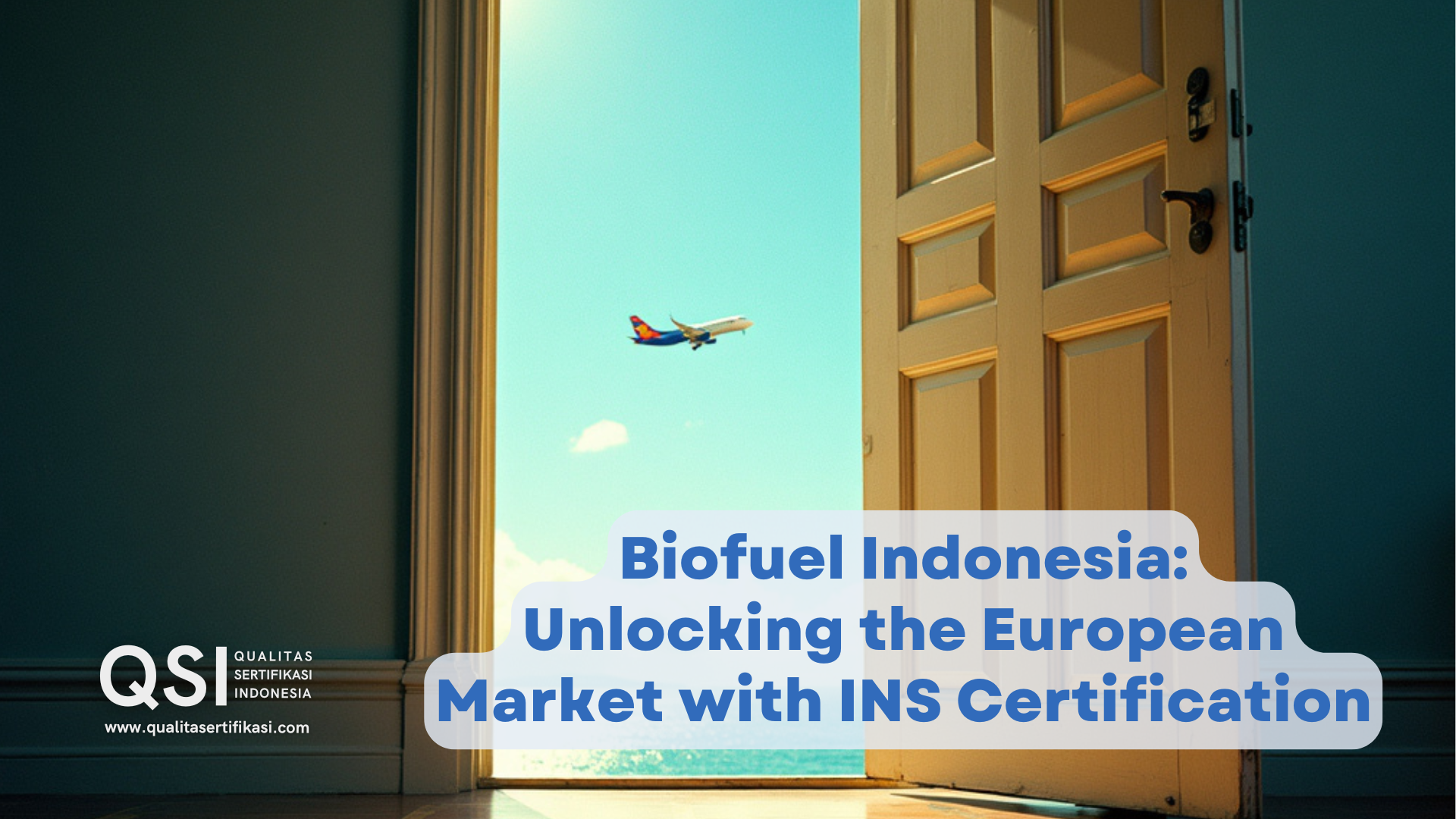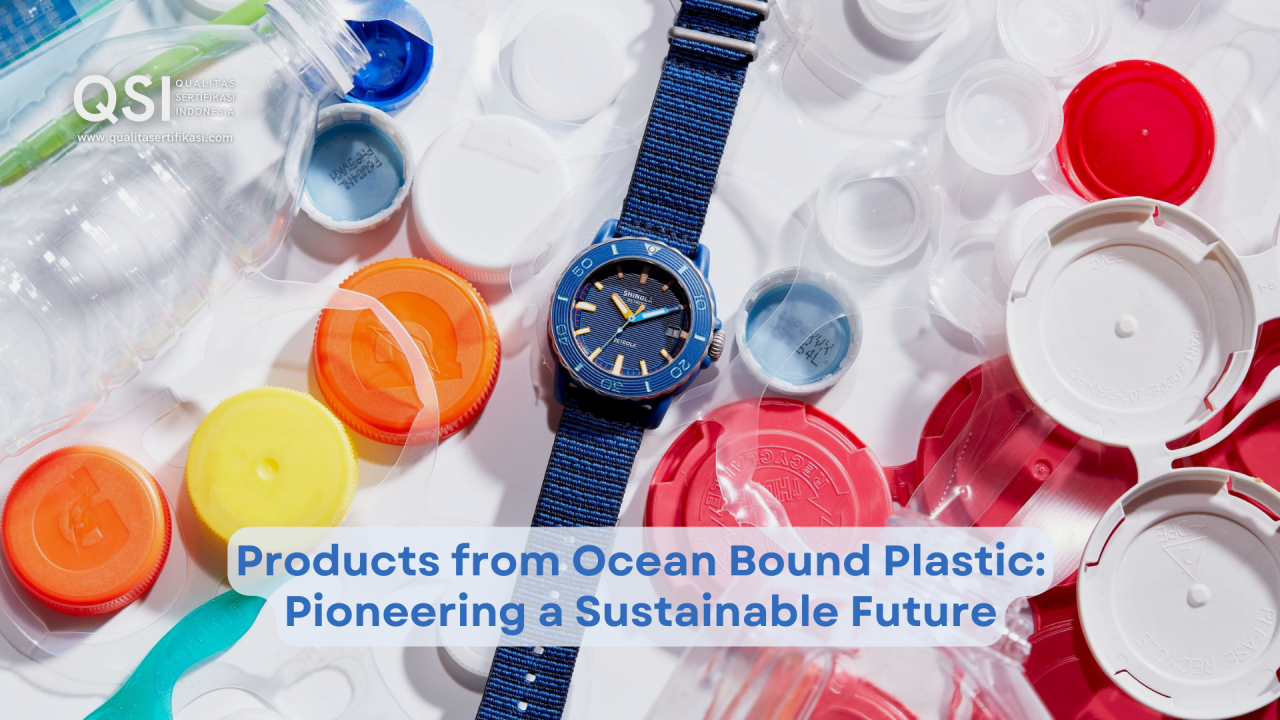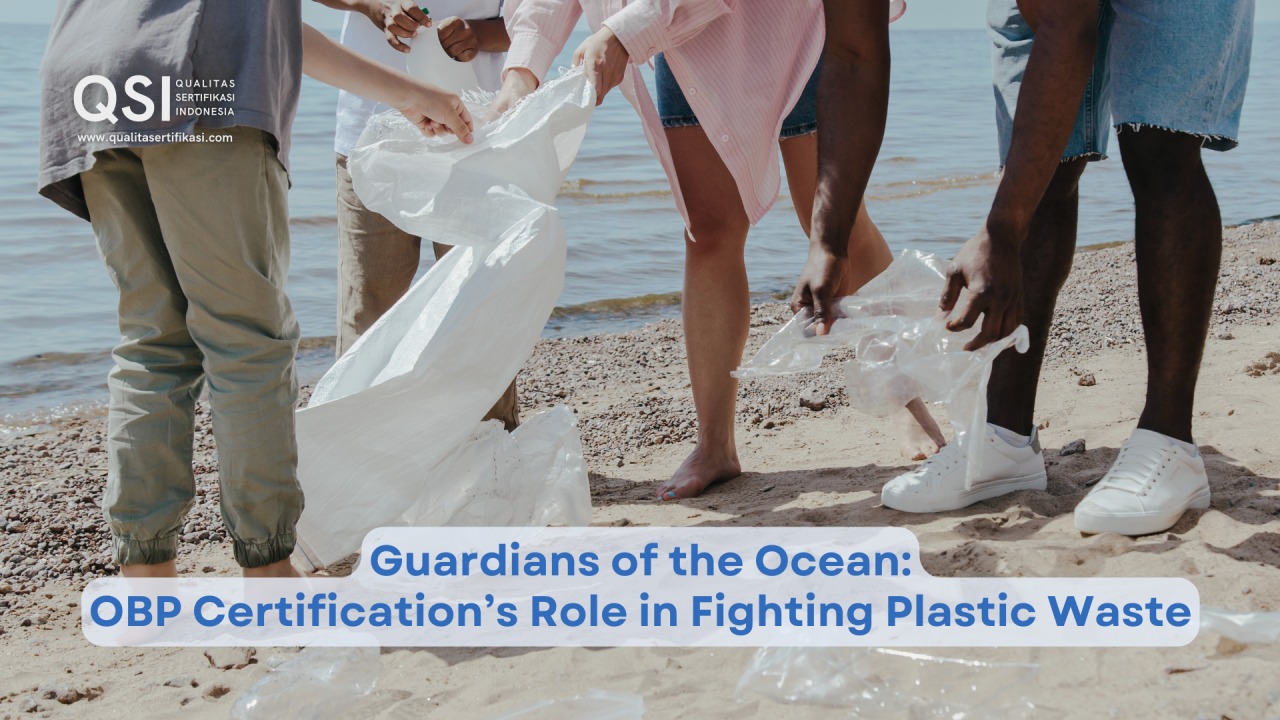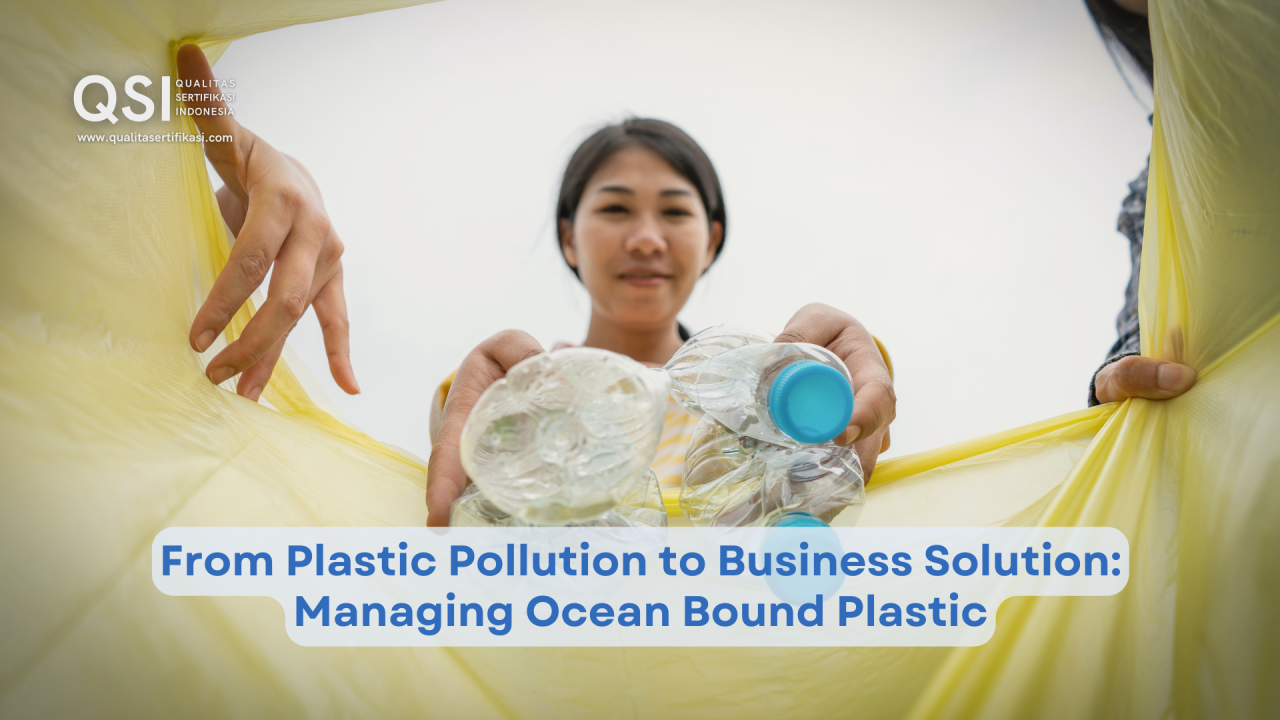The Feedstock Markets of ISCC Certification: Circular
Plastic pollution is not just an eyesore – it's a ticking time bomb for our marine ecosystems. Ocean-bound plastic (OBP) poses a particularly severe threat. The key to tackling this lies in understanding two distinct categories of OBP: commercially recyclable and non-commercially recyclable. Knowing this difference will guide our strategies to mitigate the harm caused by OBP before it's too late.
Commercially Recyclable OBP: A Path to New Products
Commercially recyclable OBP can be sold into existing recycling systems. The key factor is that the price obtained for the recycled material is enough to cover the costs of collecting the OBP in the first place. This economic viability depends heavily on local conditions. The local availability of recycling technology, transportation distances, the density of OBP at a collection site, and the presence of buyers (off-takers) all play a role in whether OBP can be successfully integrated into the recycling value chain.
Non-Commercially Recyclable OBP: The Challenge
Non-commercially recyclable OBP presents a more difficult problem. This type of OBP cannot be sold to recyclers for several potential reasons:
- Economics: The sale price may be far less than the cost of collection, making it financially unsustainable.
- Technical limitations: Current recycling technology may not be suitable for certain types of OBP.
- Contamination: The OBP may be too heavily degraded or mixed with other materials, making recycling difficult or impossible.
- Material Composition: Certain plastics are inherently non-recyclable based on their chemical structure.
These types of OBP are sometimes referred to as "no value," "negative value," or "low value" materials, as their cleanup and disposal create a cost burden rather than an income source.
It's essential to remember that what makes OBP commercially recyclable or not is highly dependent on the local situation. A specific type of plastic might be recyclable in a region with advanced infrastructure and robust recycling markets, yet remain non-commercially recyclable in an area with limited resources and less demand for recycled materials.
Addressing the OBP crisis requires a two-pronged approach. For commercially recyclable OBP, expanding collection and recycling infrastructure is crucial. This will turn more waste into a resource, creating value within a circular economy.
For non-commercially recyclable OBP, solutions are more complex. We need investment in new recycling technologies, research into alternative disposal methods, and policies focused on preventing this type of plastic from entering the environment in the first place.
Understanding the difference between commercially and non-commercially recyclable OBP is a critical step in tackling ocean plastic pollution. It helps guide our efforts toward the most effective solutions in combating this persistent environmental problem.
Learn about the OBP Certification Program and how it can benefit your business – visit our website or get in touch with us!
Recent posts




Drop us a line
Contact Us
We will get back to you as soon as possible.
Please try again later.
Share



General Inquiries
Phone
+62 21 2949 1946
Headquarter
The CEO Building Level 12th,
Jl. TB Simatupang No. 18C,
Cilandak Barat, Cilandak,
Jakarta Selatan, DKI Jakarta, 12430
Indonesia
Programs
Quick Links
Qualitas Sertifikasi Indonesia
PT Qualitas Sertifikasi Indonesia




